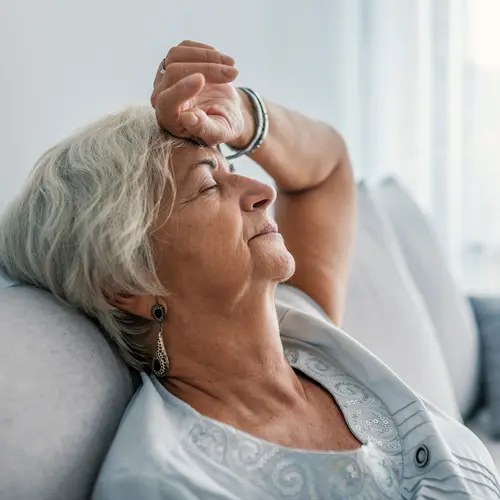Among the people who face the greatest harm from COVID-19, the illness caused by the new coronavirus, are people who have medical conditions like heart disease, lung or kidney disease, diabetes, and cancer.
And among those who have cancer, blood cancers like non-Hodgkin's lymphoma and multiple myeloma may pose the most risk for both catching COVID-19 and getting seriously ill.
Link Between Blood Cancers and Coronavirus
Blood cancers affect your body’s infection-fighting white blood cells. Multiple myeloma is a cancer of white blood cells called plasma cells. That weakens your immune system.
On top of that, treatments such as chemotherapy and bone marrow transplants knock your immunity down even more.
A study published in February of people who were hospitalized with COVID-19 found that those who have any type of cancer or had cancer before were several times more likely to die or need ventilation. But that study counted only 18 people with cancers, so it’s unclear if larger samples might lead to the same findings.
Your Cancer Care
If you’re on immune-suppressing therapy for your multiple myeloma, you may wonder if it’s best to stop for now. You should ask your doctor. For most people, the benefits of treatment outweigh the risks.
If you’ve recently had an autologous stem-cell transplant, you are especially likely to get infections while you recover. Even if you are in remission after the transplant, your immune system won’t be back to its full strength for 6-12 months.
If you are in a clinical trial, the outbreak might interrupt it. But the FDA may arrange for you to continue to receive treatment at a different location.
Experts recommend that you keep your scheduled cancer appointments. If you notice any COVID-19 symptoms like a fever or cough, tell your doctor right away. If you need to go to the hospital or to your cancer clinic, you may be asked to arrive wearing a mask and to follow other instructions.
You also may need to consider these:
- Postpone any elective, major new treatment, such as an autologous stem cell treatment.
- Avoid non-essential visits to big medical centers or busy doctors’ offices. If you must go, ask for an appointment at the least busy time.
- Get lab work at small local labs and ask the lab to send results to your doctor.
- Get enough medications and supplies to last you a while.
- Use the phone or internet for routine questions for your care team and to check lab results.
It’s best to make a plan with your doctor before you get sick as to what you should do if you get COVID-19 symptoms. Also know in advance where you will go if you need emergency care.
What You Can Do
It is recommended that you consider getting a COVID-19 vaccine and booster to help protect yourself from contracting the virus.
Also, stay hydrated and keep moving your body. Eat healthy, get quality sleep, and manage your stress. As with everyone, take these precautions to avoid illness:
- Wear a mask over your nose and mouth if you must go to crowded public areas.
- Put off any non-essential travel, and stay away from people who recently traveled to areas with coronavirus outbreaks.

